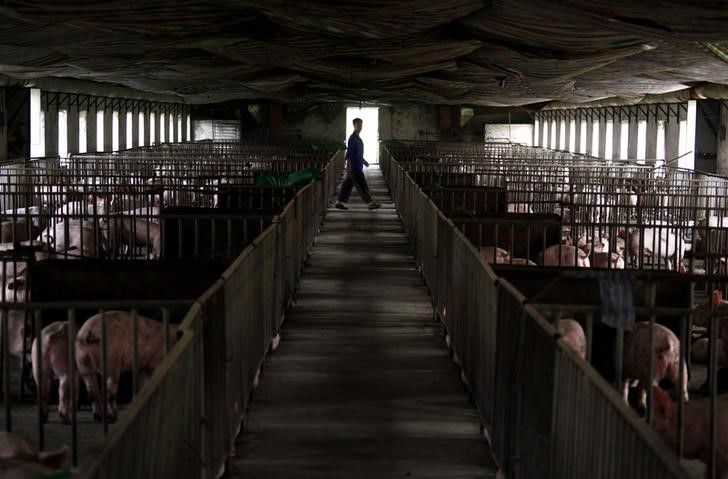Implications of California’s Proposition 12 Extend Beyond Agriculture

The Senior Counsel for Public Policy with the American Farm Bureau Federation says the implementation of California’s Proposition 12 has implications that extend well beyond the pork industry
by Bruce Cochrane – Farmscape.ca
Proposition 12, a California ballot initiative approved by voters in 2018, if allowed to proceed, will ban the sale of pork in that state that does not originate from farms that comply with California’s housing requirements for sows.
The National Pork Producers Council hosted a roundtable last week to discuss Proposition 12 and update the media on the National Pork Producers Council-National Farm Bureau Federation’s Supreme Court challenge of the legislation scheduled to be heard October 11.
Travis Cushman, the Senior Counsel for Public Policy with the American Farm Bureau Federation, says this legislation has implication that extend beyond agriculture.
“For me what it comes down to is the small farmer will be unable to spend millions of dollars to renovate his operation to satisfy a law in a state elsewhere that might change again in a few years”











